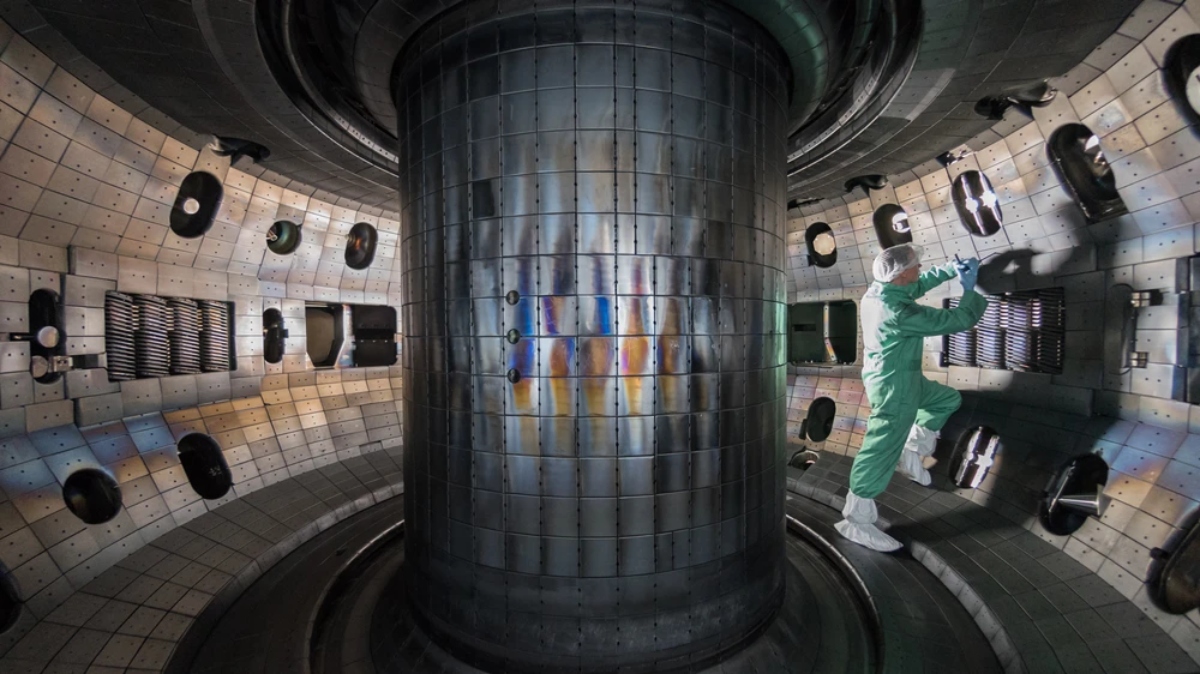One of the trends of the past CES 2019 that took place in Las Vegas, USA, was about Second Generation Artificial Intelligence. Although AI is not a new term for anyone, given that every year brings surprising advances, there are also others that make us wonder, for example, how we will be able to take care of our personal information stored on the network, when in the future it will be AI that performs many of the tasks that we humans perform today.
You may have heard a lot of things about artificial intelligence, but do you know what it’s all about?Second generation artificial intelligence? well, it’s simple, this type of AI is what experts say is that the devices will not only obey orders, but will be able to understand what the user needs.
For example, Panasonic presented two prototypes of a vehicle, one of which is the Space L., which it expects to be operational by 2030. Mario González, the company’s spokesperson for Latin America, explained what it will offer:
“Inside it has tactile materials that become controls, screens where there are sensors that tell you ‘Hey, you have a racing heart rate, your blood pressure is high and I see you’re very upset, so I’m going to play relaxing music, I’m going to lower the light level and give you a scent that’s going to relax you.'”
So, should we be concerned about the advent of second-generation artificial intelligence?
The hyperconnectivity of things will be offered by technology companies to users as a promise of time savings and of course improved quality of life. But, it is to be expected that in an environment of smart devices that are connected to each other, they will need relevant information about the user, which for consumers will be risky in terms of digital security.
As Kenneth Hong, LG’s global director of communications, confirmed, “You can’t have both privacy and devices with smart functionality at the same time.”
Using as an example the washing machine that a user buys with the intention of predicting how often it will need to be run. What will the washing machine need to function properly? It is connected to the user’s calendar of activities.
The solution regarding the care of personal data is the responsibility of the companies that must have good security systems in place, but it is also the responsibility of the users, according to Hong:
“Consumers need to be smarter about what they give and what they don’t; it’s important that they measure how much information to offer, for what purpose and at what time.”
Therefore, you should know that it is not a matter of worrying about the negative effects of second-generation artificial intelligence; you should prepare for the future, because if you want to use it, you will not be able to escape it. It is rather a matter of logic, an action as basic as deactivating the geolocation system on certain occasions, will help you a lot to protect your personal information and to take care of your security.




